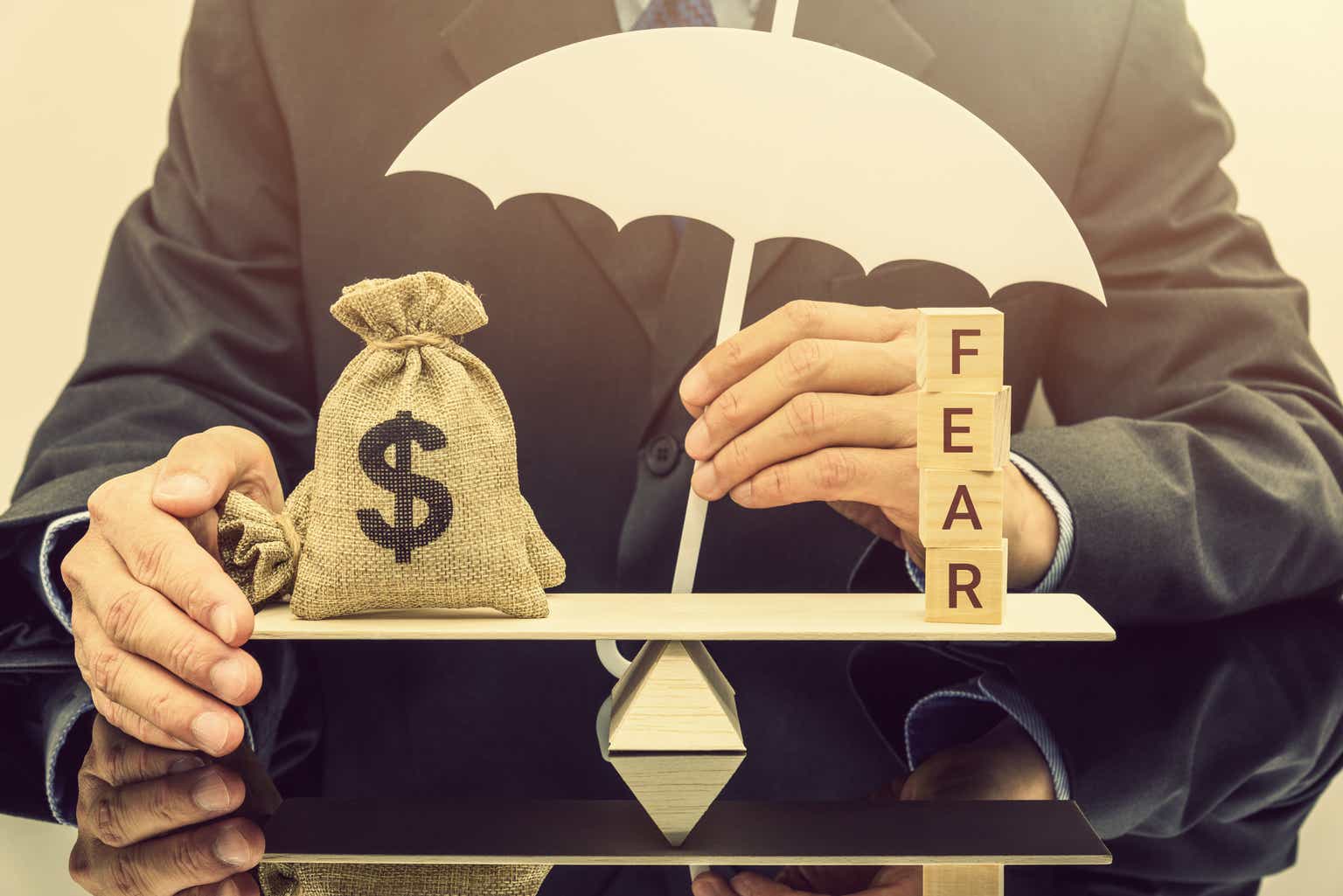We Are on the Precipice of a Grievance-Based Society
According to the 2025 Edelman Trust Barometer, only one-third of people believe that the next generation will be better off.


Economic fears have metastasized into grievance—this is the core finding of the 2025 Edelman Trust Barometer. We observe a profound shift in popular sentiment, a move beyond political polarization to aggressive advocacy for self-interest. Throughout the elections of the past year, citizens have raised their voices against business, government, and the wealthy across the globe. Incumbent parties have been ousted in Western democracies, including the U.S., U.K., France, Germany, and Canada. Business has been pushed back on for its involvement in societal issues, from DEI to sustainability. [time-brightcove not-tgx=”true”]
Such grievances stem from a conviction that the system is unfair, business and government make things worse, and the rich keep getting richer. A growing sense of alienation is so profound that nearly two-thirds of respondents now fear being discriminated against, up 10 percentage points from the previous year. Even high-earners are increasingly worried about being made a victim—up 11 points to 62%. Three quarters of respondents worry about their pay not keeping up with inflation. And there is deep concern about job loss due to the impact of innovations like automation, which 58% of employees worry about, and of globalization—62% of workers worry about international trade conflicts affecting their livelihoods.
Four preconditions, which have been building for the past decade, have exacerbated these grievances. First is a pervasive lack of belief in a better future. Only one-third of respondents believe that the next generation will be better off. In every Western democracy 30% or fewer believe so. In Germany, just 14% of people believe that the next generation will be better off. And in France, just 9% believe so.
There has also been a widening divide in trust among top and bottom income brackets. Low-income respondents have profoundly less trust in institutions than the top quartile. For instance, 48% of low-income respondents trust institutions, averaged across business, government, media, and NGOs—compared to 61%, on average, among high income respondents. Business sees the greatest divergence of any institution, with a 16-point trust gap between high- and low-income groups.
Institutional leaders themselves may have also dropped the ball. Globally, two-thirds of respondents worry about journalists, government officials, and CEOs intentionally lying to them.
And there are fewer and fewer agreed-upon facts. Nearly two-thirds of respondents find it difficult to differentiate between news from a reliable source and disinformation. The decision by social media networks to move away from fact-checking will further complicate an already messy media context.
Our collective grievances are broad-based, extending from economic to electoral to societal. Most people hold a sense of grievance against elites and institutions. Sixty one percent of respondents have a moderate (41%) or high (20%) sense of grievance, defined as feeling business and government make their lives harder and serve narrow interests, and the system benefits the wealthy while regular people struggle. Such a belief is more prevalent among those on the Left than the Right (69% on the Left compared to 57% on the Right) and among older people than younger people (66% among those aged 55 and up compared to 58% among those between the ages of 18 and 34). The majority of high-grievance people adopt a zero-sum mindset: If something gives you a win politically, it comes at a cost to me.
The wealthy are seen as playing a malign role in society. Two-thirds of respondents believe the wealthy fail to pay appropriate taxes and laws that serve the wealthy come at the detriment of “people like me.” Add all of these grievances up, and many think that capitalism has failed. Over half of respondents believe that capitalism does more harm than good—53% among the general population, including 55% of 18 to 34-year-olds.
Many also feel that the prevailing political systems are broken. Only one-third of respondents believe that those with different political views “play by the rules” and fewer than half (44%) trust those with different political beliefs. Government is distrusted in 17 of the 28 countries we measured. And to many, violence may be necessary. Over half of young people approve of one or more of the following methods of hostile activism to bring about change: attacking people online, intentionally spreading disinformation, or threatening or committing violence to persons or property.
Low-trust nations reflect aggravated levels of grievance and repairing that trust enables belief in a brighter future. In Germany, 41% of people, on average, trust institutions in society and 69% of respondents feel a moderate or higher sense of grievance. In Singapore, 65% are trusting of institutions and just 39% hold grievances. This illustrates a powerful inverse relationship: The greater trust that people have in their institutions, the less grievance a society has.
Business has emerged as the default solution on societal issues given that many people believe businesses are more competent (+48 points) and more ethical (+29 points) than their government. But businesses lack the authority to lead alone because views of business ethics plunge as people become more aggrieved. Business has the potential, and much of the publics’ permission, to address societal issues.
The other three major institutions also have the potential to address grievances in society. This is NGOs’ moment as the ethical leader, the only institution seen as a unifying force among those with a high sense of grievance and the institution with the highest trust among that group. Government needs to prove its competence again, to deliver results that benefit the individual citizen. And media outlets must successfully provide quality information that enables people to make proper decisions.
We need to move back from the precipice of a grievance-based society where violence is seen as a viable option. All four of the major institutions must play a role. Businesses will have an opportunity in the coming months to work with the new governments in major democracies on important issues such as trade, energy supply, and reskilling.
All of this will be debated in the more chaotic, free-wheeling media, putting a premium on speed and facts. Our goal must be to give people a sense of control over their destiny, and to drive change that is positive instead of threatening to society.
What's Your Reaction?































